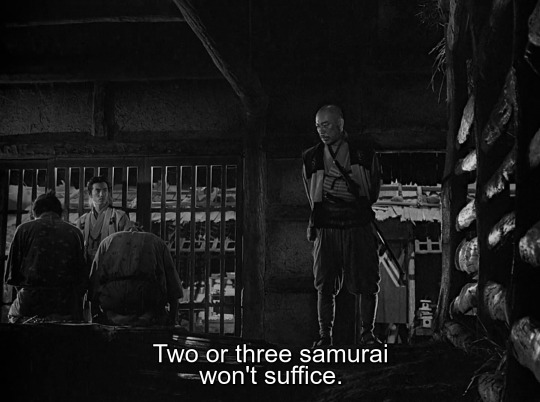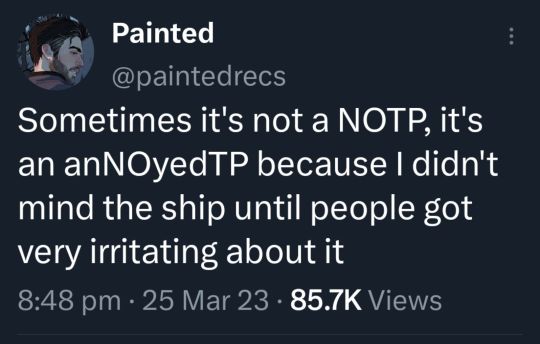sophie | 26 | she/her | hanwenzhou brainrot hours are 24/7
Last active 3 hours ago
Don't wanna be here? Send us removal request.
Text
I think I speak for a lot of people when I say this:
AAAAAAAAAAAAAAAAAAAAAAAAAAAAAAAAAAAAAAAAAAAAAAAAAAAAAAAAAAAAAAAAAAAAAAAAAAAAAAAAAAAAAAAAAAAAAAAAAAAAAAAAAAAAAAAAAAAAAAHHHHHHHHHHHHHHHHHHHHHHHHHHHHHHHHHHHHHHHHHHHHHHHHHHHHHHHHHHHHHHHHHHHHHHHH
8K notes
·
View notes
Text
"the world isn't kind" ok??? Much more importantly are you?????
236K notes
·
View notes
Text
i dont care if mondays rife,tuesday qednesday full of strife, thursday fuck my baka life, its friday im in sucks
59K notes
·
View notes
Text


#oh im gonna beef with s2 of this show so hard#this and rings of power still periodically almost tempt me to become a rant review youtuber
26K notes
·
View notes
Text
i love being a fan of media. ur favorite character shows up on screen or page and ur just like hiiii baby
68K notes
·
View notes
Text
four day weekend. shout out to jesus. sorry that happened
9K notes
·
View notes
Text
I’m watching Splash (1984) which is a romcom about a guy who falls in love with a mermaid, and when she chooses a human name she chooses Madison and guy says “that’s not a real name, but alright” which seems to imply that Madison was not a name until at least the 80’s and all girls named Madison are actually named after the mermaid. thought you should know
139K notes
·
View notes
Text
A friend and I were discussing what we're like when we're sick and we decided people usually fall into one of these five 'sick modes': *Everyone is probably multiple of these at different times depending on how sick they are and with what but we think most people have a mode they default to and become more often than the others*
Delicate Consumptive Victorian: you feel tragic and mournful but also beautiful in a sad way, you are in bed, sipping hot tea, others should quietly whisper about how you are too good for this world, too beautiful, too tragic... And bring you more tea
Sick Dog: you are curled up in a ball, you don't want anything, you don't need anything, but it would be nice if others could still ask you if you need anything
Sickly Child Emperor: you are dying and it's everyone else's problem, you need pillows, no! you need soup, no! You need absolute silence or you will not be the first one to die today
Plague Pit: you are curled up probably on the floor, no one touch you, no one look at you, this is between you and God and you already know He has no mercy left for you
Warrior General: you are not sick. You are in perfect health and you don't know why anyone would think otherwise. Illness is an enemy that can be intimidated and you must remain strong for your men! (You are going to pass out at the most inconvenient moment possible)
30K notes
·
View notes
Text
i need feminism because when jesus does a magic trick it’s a goddamn miracle but when a woman does a magic trick she gets burned at the stake
1M notes
·
View notes
Text
my dumb? founded. my flabbers? gasted. my gob??? smacked
120K notes
·
View notes




